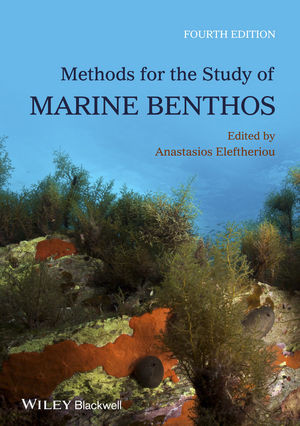

Most ebook files are in PDF format, so you can easily read them using various software such as Foxit Reader or directly on the Google Chrome browser.
Some ebook files are released by publishers in other formats such as .awz, .mobi, .epub, .fb2, etc. You may need to install specific software to read these formats on mobile/PC, such as Calibre.
Please read the tutorial at this link. https://ebooknice.com/page/post?id=faq
We offer FREE conversion to the popular formats you request; however, this may take some time. Therefore, right after payment, please email us, and we will try to provide the service as quickly as possible.
For some exceptional file formats or broken links (if any), please refrain from opening any disputes. Instead, email us first, and we will try to assist within a maximum of 6 hours.
EbookNice Team

Status:
Available5.0
40 reviewsThe continuing global decline of the health of the sea, and the increasing depletion of marine resources and biodiversity, caused by human activity and climate change, have led to ever-increasing international concern. These changes in the marine environment highlight the importance of effective monitoring of the ecology of the benthos which has been shown to be a sensitive index of such alterations.
Completely revised and updated to include many new methods and technologies, this Fourth Edition of Methods for the Study of Marine Benthos provides comprehensive coverage on the tools and techniques available to those working in the area. Commencing with an overview of the design and analysis of benthic surveys, the book continues with chapters covering the sedimentary environment, imaging and diving techniques, macro- and meiofauna techniques, deep sea sampling, energy flow and production. An additional new chapter provided in this edition covers phytobenthos techniques.
Written by many of the world’s leading authorities in marine sampling techniques and use, and edited by Professor Anastasios Eleftheriou, this comprehensive Fourth Edition is an essential tool for all marine and environmental scientists, ecologists, fisheries workers and oceanographers. Libraries in all research establishments and universities where these subjects are studied and taught will find this book to be a hugely valuable addition to their collections.
Content: